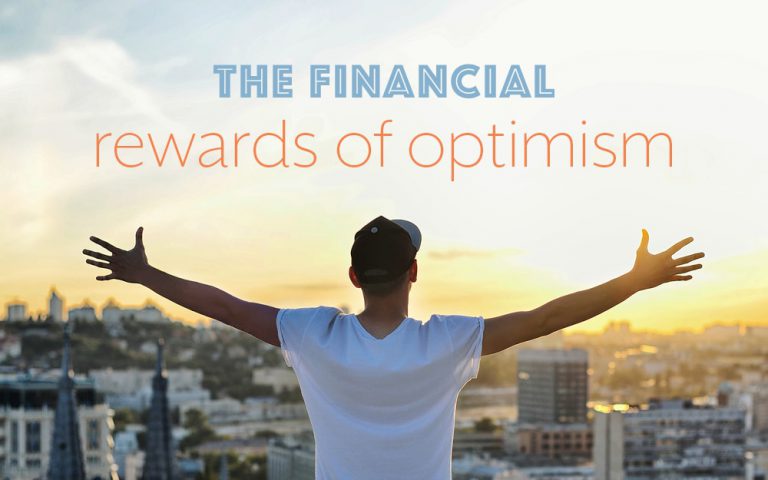Ever heard of the sharing economy? This relatively recent economic trend is also known as ‘collaborative consumption’, the ‘rental economy’, and the ‘gig (or ‘task-based’) economy’. If you haven’t come across any of these terms, you will soon. In fact, you almost certainly know of (or have even used) some of the bigger platforms in the game.
Large international sharing economy platforms are growing their user bases exponentially. At the time of writing, ‘accommodation marketplace’ Airbnb claimed over 60 million guests and two million listings worldwide.i Controversial ‘ride sharing’ platform Uber says over one billion trips have been taken in nearly 480 cities across the globe.ii
What’s the attraction?
The runaway success of these two platforms (and many more) poses a question: why is the sharing economy growing so quickly? And why are these companies valued so highly by investors, when the only assets they own are their intellectual property? From a consumer’s point of view, renting something through a sharing platform is often extremely price competitive. Renting something you rarely use, instead of buying it, is generally much more cost effective – certainly in the short term. Renting an apartment for a few days may be much cheaper than a hotel suite in the same city, in a similar location.
There’s an emotive side to it too; for example, Airbnb’s latest ad campaign stresses that what it offers is the immersive experience of living in another city, even if only for a night. From the point of view of a supplier, it’s a great way to make money from items that otherwise can’t be monetised.
Realising the benefits of sharing platforms required a massive cultural shift. Only a decade or two ago certain items of property were status symbols, to be kept close and certainly not shared with strangers. Some commentators think this change may be because of the way technology has facilitated trust and security.iii Others see it as a decline in materialism, and an increased focus on spending on experiences rather than ‘things’.iv
Despite this, there seems to be a threshold for the type of things people are willing and able to share. For example, several seemingly practical schemes for sharing or renting power tools from neighbours have failed to get off the ground.
Getting involved
The easiest way to get involved in the sharing economy is by trying out a platform as a customer. There are lots of opportunities for you and your family to save money by using one or more platforms. For example, if you decide to get rid of that second car you don’t use often, you could borrow one when you need it through a car sharing platform such as Flexicar or Car Next Door.v You could cut down on the cost of your next family holiday by renting someone else’s apartment or holiday home.
If you are keen to get involved further and perhaps make a little extra money, the key is to use assets you already have – ones that you may not have thought of as income-producing assets.
That spare room, studio or granny flat can all be rented out on a short-term basis. You can lend your car to a local when you’re not using it – and your platform will likely cover insurance and user screening. Spent too much on a designer outfit? You can even lend out clothes and accessories for a small fee per use.vi Just remember that generating income may have tax implications (positive and negative) that you’ll need to consider.
As the sharing economy continues to grow, an increasing number of different platforms will be developed. It’s worth keeping an eye out to see what’s taking off. One thing’s for sure – the way everyday consumers meet their end needs for goods and services will never be the same.
i www.airbnb.com/about/about-us
ii https://www.uber.com/our-story/
iii https://www.pwc.com/us/en/technology/publications/assets/pwc-consumer-intelligence-series-the-sharing-economy.pdf
iv https://www.hks.harvard.edu/m-rcbg/fellows/N_Lovegrove_Study_Group/Session_1/Michael_Porter_Creating_Shared_Value.pdf
v http://www.flexicar.com.au/https://www.carnextdoor.com.au/
vi https://designerex.com.au/lend




































































